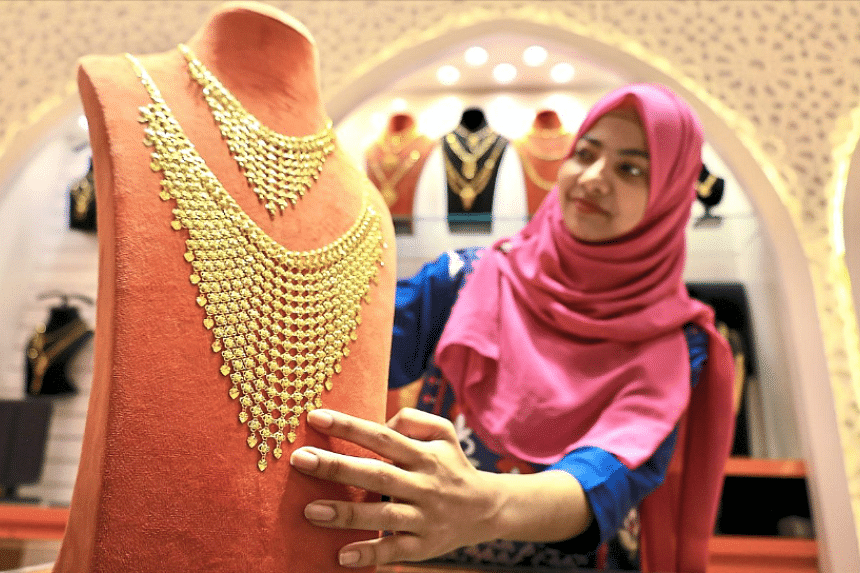PETALING JAYA – Malaysia has deferred the implementation of the high-value goods tax (HVGT), initially scheduled for May 1, to the delight of industry players and other stakeholders.
While the government said the delay is due to the need for more engagement, industry players said the HVGT would not be significant and called for a better system in the form of the goods and services tax (GST).
Replying to The Star, Deputy Finance Minister Lim Hui Ying confirmed that the HVGT has been deferred.
“The government needs to continue engaging with the industry to ensure the tax principles and legislation can be formulated and drafted carefully. The government will announce the new implementation date of the HVGT later,” she said on March 28.
The ministry, said Ms Lim, is in the final stage of refining certain matters related to the tax structure, especially the types of goods deemed “high-value”, threshold determination, and tax rates.
“HVGT will be imposed only on certain goods categorised as high-value. The determination of a high value is based on the set threshold,” she said. “Fundamentally, low-income groups will not be affected by its implementation because they are unlikely to purchase high-value goods.”
To ensure that the HVGT would not affect economic activities, especially in the tourism sector, Ms Lim said the Tourist Refund Scheme will be implemented.
“Foreign tourists who purchase high-value goods in Malaysia can claim a tax refund at international airports before departure, subject to the prescribed procedures and conditions,” she said.
“Furthermore, the HVGT will not be imposed in designated areas, including the islands of Labuan, Langkawi, Pangkor and Tioman, as well as special areas such as free zones and licensed warehouses.”
Ms Lim said the ministry would be inclusive in formulating the HVGT policy by getting industry views and stakeholders’ feedback through more meetings.
“This is to ensure that the policy would take into account various aspects, including its impact on the economy, businesses and cost of living,” she said.
The HVGT Bill was slated to be passed in Parliament on March 27.
However, the ministry did not introduce the Bill. The next Parliament sitting will be from June 24 to July 18.
A source told The Star that the government has not decided whether the Bill would be tabled then.
Industry players such as treasurer-general Koong Lin Loong of the Associated Chinese Chambers of Commerce and Industry of Malaysia said the HVGT lacks a clear system and mechanism.
“It not only affects the overall Malaysian economy but also poses difficulties for businesses, especially the retail sector, due to the complicated HVGT refund system,” he said.
Ultimately, consumers may face higher taxes as the multiple tax system would create a negative perception of the country’s economy, said Datuk Koong.
“Replacing the HVGT, service tax and sales tax with the GST will establish a fairer system that includes an input and output tax refund mechanism,” he added.
Federation of Goldsmiths and Jewellers Association of Malaysia adviser Ng Yih Pyng lauded the deferment of the luxury tax, saying that Malaysia is not ready for such a tax regime.
Although the HGVT may appear simple, he said, there are various definitions under the proposed tax. “It’s complicated and involves many nitty-gritty details for each product category and type. We hope that this will not be implemented but replaced with something better.”
Malay Chamber of Commerce Malaysia president Norsyahrin Hamidon questioned the effectiveness of a multiple tax system for different groups and called for the reintroduction of the GST.
“GST has been implemented all over the world. We don’t quite understand why the government doesn’t want to revert to the GST despite research and surveys pointing to its benefits,” he said.
Mr Norsyahrin also suggested that the GST be implemented at a lower rate of 2-3 per cent, adding that the 6 per cent GST introduced previously was not currently feasible. THE STAR/ASIA NEWS NETWORK

